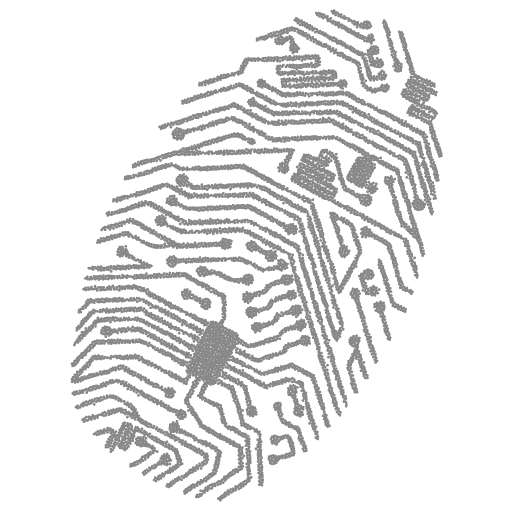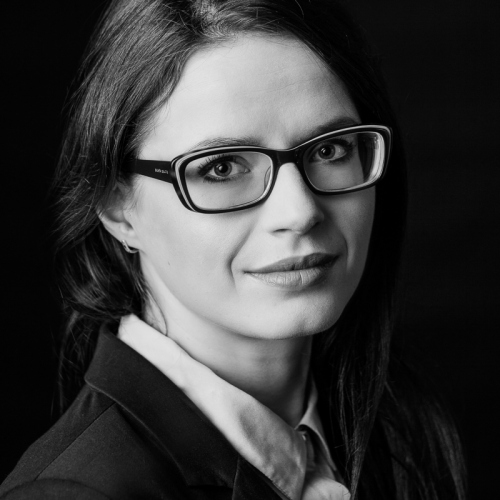It is easy to break copyright law when using torrents. Nonetheless, if a demand for payment arrives requesting discretionary amends for harm caused by distributing, say, a film without a licence, it must be read carefully and checked whether its sender is actually the rights holder, or just someone making a living from sending such letters.
new tech law blog

Copyright trolling of peer-to-peer network users
Draft bill on Central Database of Accounts
The main objective of the planned regulation is to enable the efficient location of assets which could be associated with a crime, or be subject to judicial or administrative enforcement.
Legal regulation of e-sport imminent
In April of last year, we pondered the legal aspects of e-sport and stated that its status in Poland is unregulated. This situation may change with the recently published proposal to amend the Sports Act, drafted by the Ministry of Sport and Tourism.
Virtual currencies— how to tax profits?
During the past year Bitcoin doubled its value. Those who acquired this currency at a lower rate can now reap great profits. The ability to tax income on this basis has long been subject to doubt. Recently, a change of statistical classification of trade in Bitcoin augmented uncertainty in this regard.
R&D incentives under new rules from 2017
R&D relief was included in Poland’s income tax law from 1 January 2016. A year later, under the “Small Innovation Act,” major changes were introduced to make the incentives more attractive.
New Act on Trust Services and Electronic Identification
The Act on Trust Services and Electronic Identification is intended to adapt Polish law to the EU’s eIDAS Regulation. Among other things, it repeals the Electronic Signature Act. The new act is part of a broad trend toward creation of a new regulatory framework for digital commerce.







